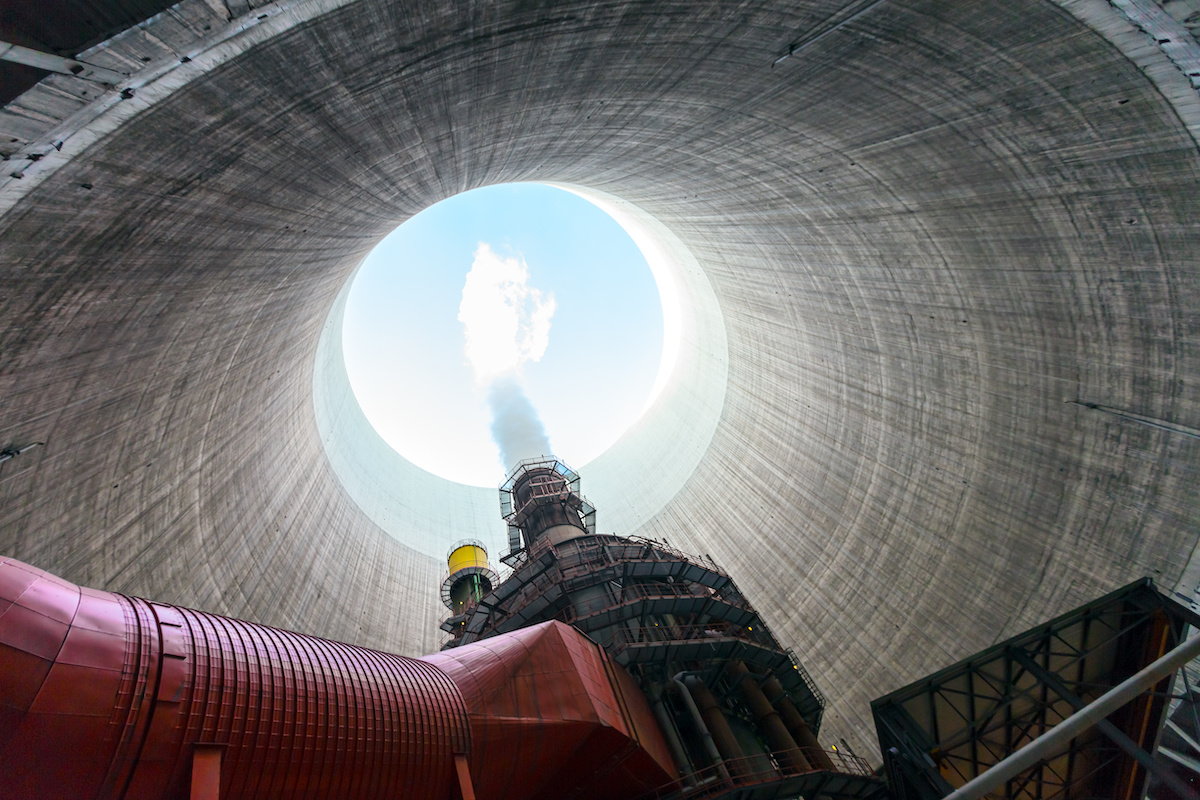Earthquake Survivors In Japan Get Their Stories Translated Online

I have been surfing the internet the last couple of days to see what’s really going on in Japan. Since I don’t know how to read or interpret Japanese, the first thing I learned right away was the inadequacy of the Google translator when it came to converting the syntax of a Japanese blogger’s prose to a coherent English version.
Thanks to Global Voices Online, featuring Tomomi Sasaki and Scilla Alecci as co-editors of their Japan coverage, who also appear to double as translators, I have been able to read some very good “man in the street” personal accounts of life after Japan’s massive earthquake and ensuing tsunami.
What I thought unbelievable was that no stores, including food retailers, had been attacked. When I stayed in California during some wildfires, I was surprised by the sudden attacks on the windows of downtown stores. In New Orleans, where a great hurricane raged, the National Guard took to the streets with rifles soon after the disaster.
In this country, the fact that things like that don’t happen, is truly a miracle. No one went to ask for another rice ball at the hotel even when there were some left. (The hotel staff took the remaining ones, and went to check whether there was anyone on other floors who hadn’t eaten yet). In those 24 hours, I don’t know how many times I thought, “this country is unreal”.
Japan: On Catastrophes and Miracles, a Personal Account
Although millions of bloggers around the world have been impressed with the display of civility and humility by the Japanese citizenry in the face of grave and immediate danger, it seems that there is online activity in Japan, especially on Twitter, that is beginning to reveal a rising level of irritation by some with the intense focus the media, both in their country and abroad, have placed on the fate of the nuclear power plants.
The tsunami and nuclear power plants are both important. But there are also the devastated areas, which have hardly received any coverage. Why don’t we hear anything about conditions in Ibaraki Prefecture and about the water stoppage in Chiba? @an_y27
Chiba and Ibaraki are both disaster zones but they’re not being given the same level of attention as Tohoku. The media are showing on-site footage & rescues, and every station is featuring the nuclear power plants. Shouldn’t they be broadcasting information about the state of soup kitchens and about which shelters are open? With things in the state they are, how can I tell them this? @deeploveP
Japan: Frustrations from the Overlooked
Japanese Emperor Akihito’s address to his nation today will dominate U.S. news tonight, but I will be thinking mostly about the ordinary Japanese citizens above, who have refused to succumb to raw anger and hysteria that often typify the aftermath of enormous tragedies. Thanks again to Tomomi Sasaki and Scilla Alessci for translating the lives of everyday Japanese people into words an English speaking audience can read and understand.




